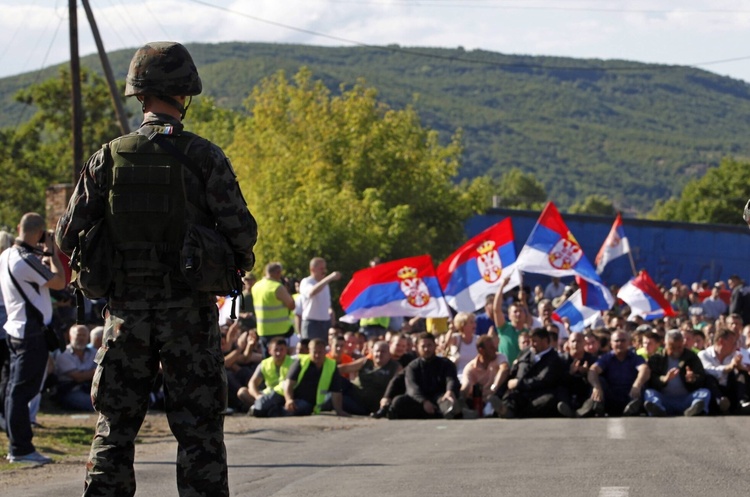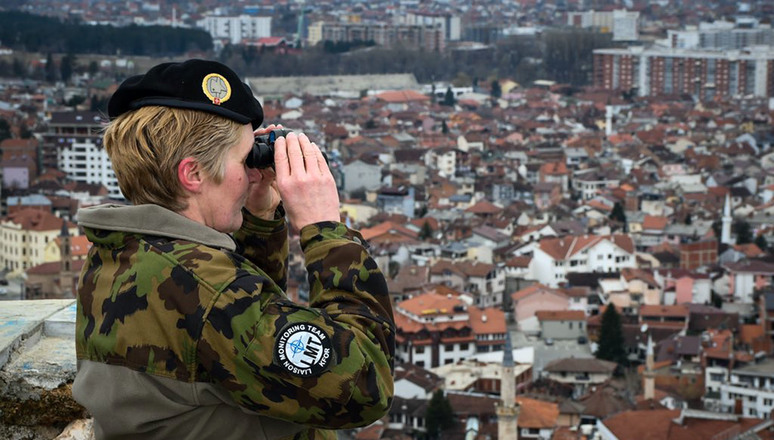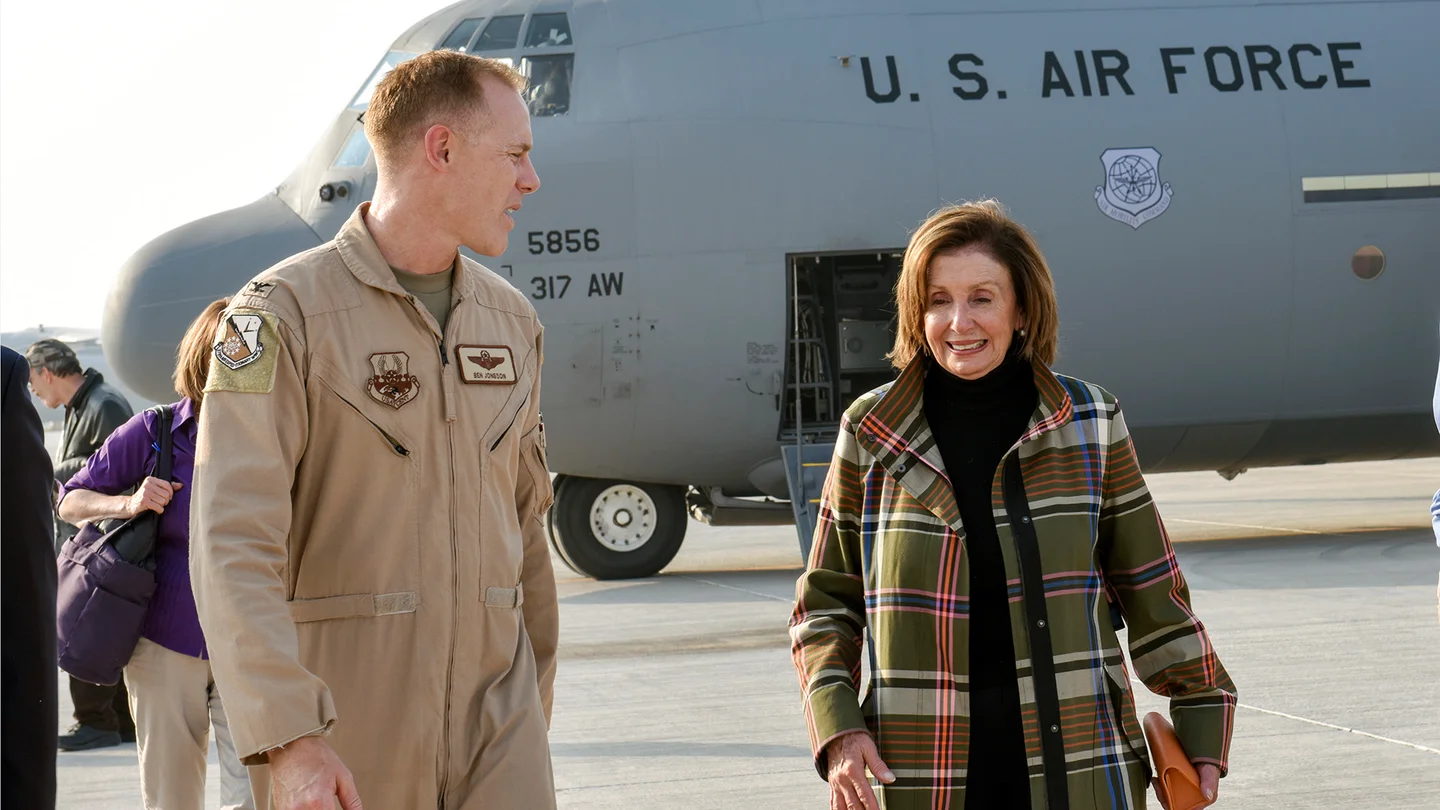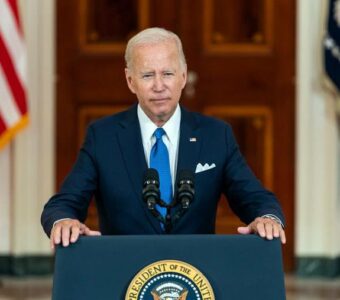World War III or not? What is happening in Taiwan and Kosovo, and what does Ukraine have to do with it
Will there be a third world war? In recent days, this issue has caught another wave of popularity due to the aggravation of two previously frozen conflicts — China vs. Taiwan and Kosovo vs. Serbia.

Rubryka explains what is happening between these countries, what can cause wars between them, and what can restrain them, what America will be busy with, and whether Ukraine will end up in the backyard of world interests.
What is the problem?
Kosovo vs. Serbia: The conflict that died down while we were worrying
On July 31, the mass media began to report that Serbs living north of Kosovo barricaded the road in Zubiny Potok near Varag and Rudar and several other routes. People and police gathered near the barricades. The tension level grew.
How did it start? The north of Kosovo is home to ethnic Serbs who oppose secession from Serbia. They do not accept Kosovar citizenship and refuse Kosovar documents. In 2011, Kosovo and Serbia signed an agreement that by 2016, these Serbs would be able to use neutral documents and license plates.
Although not five but eleven years have passed, all Kosovo's attempts to make ethnic Serbs use new documentation ended in protests. That's how it turned out this time. In the end, Kosovo agreed to postpone its decision for another month. The barricades are being dismantled gradually.
Nataliya Ishchenko, head of the Balkan Observer project, says that the problem has not been solved; it has only been postponed. And this scenario repeats itself from year to year.
"Any decision made in Kosovo on this issue is then postponed. It seems to hang. They come back to it all the time, argue, and point out who is not doing what. It happens all the time with different solutions. There is another way — when in Kosovo, for example, the government changes, saying, as it were, no, we will not mention the previous decision at all, and then finally renounces it.
But currently, there is no supposed change of power. There may be further delays. Perhaps it will be changed somehow so that it is not so conflicting. Still, as long as the current government of Kosovo, headed by Albin Kurti, exists, this issue will be raised again after some time," Nataliya Ishchenko explains.
What is the solution?
A conflict where NATO has power
NATO intervened in the Kosovo war back in 1999. A few years before that, Serbian refugees from Croatia and Bosnia and Herzegovina started resettling on Kosovo's territory. It provoked armed conflicts, which in 1998 turned into a war with repression of the civilian population. A year later, NATO intervened, conducting a special operation that Serbia still cannot forgive, ending the war.
"NATO is actually a party to this conflict. Serbia complains that it was bombed. NATO itself did it, and it was a reaction to Serbia's attacks on Kosovo. Serbia was bombed because it was trying to destroy the Kosovars in Kosovo. That is, NATO intervened back in 1999. Since then, a NATO contingent has been permanently present in Kosovo. Preventing forceful action is NATO's duty under their mandate.
Now, as required, NATO acts as a guarantor of peace in Kosovo. And that's precisely what they stated. They do not declare that they will oppose the Serbs. They will oppose any attempts by all sides to break the peace," Nataliya Ishchenko comments.
As for the theory that russia will try to create another war with the hands of Serbia to divert international attention, and therefore support, from Ukraine, the expert is skeptical of this opinion.
"Serbia is not russia's pawn. Serbia has its own interests, although it realizes them, sometimes with the help of russia. But in this case, Serbia enlisted the help of America, which persuaded the Kosovo authorities to postpone these decisions," says Nataliya Ishchenko.
What is the problem?
Taiwan vs. Beijing: The One China Policy and the American Dilemma
Nancy Pelosi, Speaker of the US House of Representatives, is flying to Taiwan. The most straightforward analogy is Pandora opening a box. But in reality, it is still more difficult.
How did it start? The historical context of the conflict is quite long. In 1949, Taiwan separated from mainland China. Since then, Beijing has considered itself the center of China, and so did Taiwan. However, the latter has lived as a separate country with a highly developed economy for a long time and does not plan to return "under the wing of Beijing." At the same time, Beijing has repeatedly talked about the "one China" policy and the peaceful return of Taiwan. At the same time, the US, after establishing official diplomatic relations with Beijing, maintained unofficial and informal relations with Taipei until it formalized consular relations in 2019. In 2021, the USA lifted the restrictions on contact with the executive power of Taiwan that they had introduced.
Now, the news has aggravated the situation: Nancy Pelosi's tour of Asian countries recently began, and she decided to visit Taiwan. At the diplomatic level, it is perceived as America's recognition of Taiwan's independence (and for the People's Republic of China with its "one China" policy, this is a matter of principle).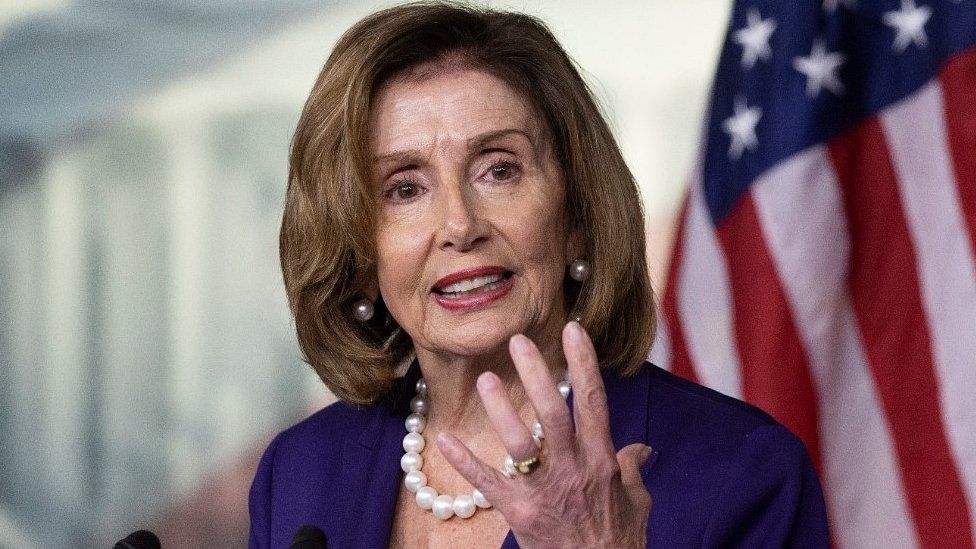
International security and East Asia analyst Anatoliy Maksymov says that now Beijing has several scenarios, in none of which can simply remain silent.
"This visit will anger Beijing because it will indirectly signal that the US recognizes Taiwan (although it officially adheres to the "one China" policy) and that the US will defend the island, the South China Sea, and the Taiwan Strait. China now has three options for the development of events:
- not to react in any way, but this is impossible because the PRC considers Taiwan to be its breakaway province;
- conduct aggressive exercises by launching its aircraft carriers into the sea, flying more often over Taiwan, driving even more equipment to the Fujian province near Taiwan, making aggressive rhetoric, and inflaming the situation (the most likely option)
- to start an invasion of the island, but although this is in line with the goals of returning Taiwan at any cost, it is still disadvantageous for Beijing from the point of view of confrontation with the US and its allies, deepening of sanctions, and international isolation," says Anatoliy Maksymov.
The expert also compares the combat potential of the United States and the People's Republic of China. According to him, both countries have their own advantages and disadvantages. For example, what China is leading in:
- There are 2 million active soldiers, while America can field about 1.3 million and 800,000 in reserve.
- The US has serious problems with making a large number of weapons in a short period.
- China has a serious advantage over the US in missile power, which is the biggest threat to Taiwan. Chinese missiles – such as the DF-26 and DF-21, can threaten US ships.
Instead, the U.S. advantage would be:
- In terms of aircraft carriers, the USA has an advantage of 11:2, and the PRC has only one helicopter carrier (the USA has as many as 9).
- If the USA can easily spend 1 trillion dollars in war expenses if it wishes, China is forced to operate approximately 200-300 billion. The PRC is currently in the wrong monetary, military and diplomatic situation to go for an open military escalation.
"Regarding combat experience: both armies have not conducted full-scale combat operations for a long time, so they do not have adequate combat experience and coordination. It is especially true in the People's Republic of China case. The Chinese ground army often performs police and border functions inside the country and uses old equipment," the expert notes.
In addition, China and the USA are nuclear powers. If one strikes the other, the answer will not be long in coming. Mutual destruction of each other will not bring victory to either side.
What is the solution?
Or why Pelosi can't just fly to Taiwan
Refusing to visit Taiwan would mean admitting that China can dictate to America who it can and cannot work with. When compared to the weight of human lives, the solution seems obvious. But the obviousness disappears if you think in categories of influence in the whole world and, accordingly, the power of an entire country.
What is Beijing doing? It raises its fighters in the air playing with its muscles. What is Taiwan doing? It begins military training. But the locals remain calm. If, on August 1, a wave of wariness swept through the European mass media because the warplanes of the People's Republic of China entered the air defense space of Taiwan, then for the locals, it is a common thing.
Political scientist Kateryna Lelyukh, who currently lives in Taiwan, explains:
"They have been entering the airspace for the last 30 years, which is not news for the locals. That is, it is not a precedent. They fly here all the time. Everyone knows very well that this has been going on for many years. People are preparing in terms of security and shelters.
Taiwan is a very developed economy. As someone who has lived here not so long, it seems that the economy here is too powerful to dare to destroy it so quickly now. I think they are talking about different scenarios, but it doesn't feel like anything that happened in Kyiv before February 24," Kateryna Lelyukh says.
It is also confirmed by TSMC, the world's largest mono-profile independent semiconductor company located in Taiwan. Its leader warned that work would stop in the event of war and affect the world economic order, not just Taiwan itself.
Meanwhile, an air alert system is being tested in Taiwan. Kateryna Lelyukh says:
"In Taipei, there was a training air alert the other day, and you couldn't go outside for half an hour in the afternoon, and you could get a fine from 1,000 to 5,000 dollars (American, not Taiwanese). Warnings about this came via SMS and mail."
If the war against Taiwan does start, how will it affect the international support that Ukraine currently receives? Anatoly Maksymov says:
"Most likely, the focus of attention will partially shift to Taiwan due to its importance for all parties to the conflict and the possible direct confrontation between China and the United States. But it seems to me that America will do everything possible to avoid this. Since the American fleet and aviation are not involved in Ukraine, they can be transferred to the Pacific Ocean in case of critical need.
But the weapons in that region are enough for Ukraine to feel safe, and the weapons we need (heavy artillery, tanks, planes) continue to arrive. We can only compete with Taiwan for artillery because they have very old artillery."



